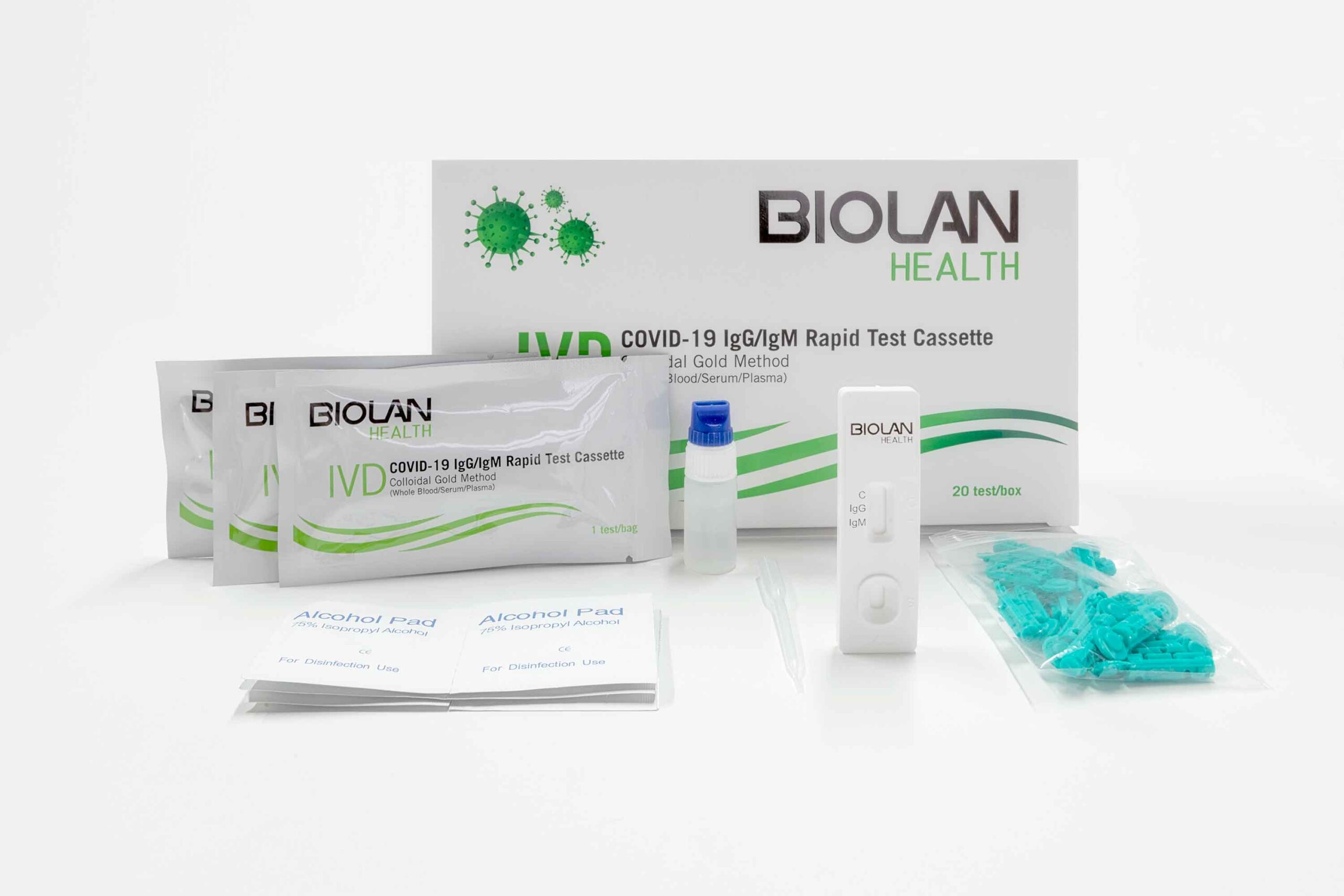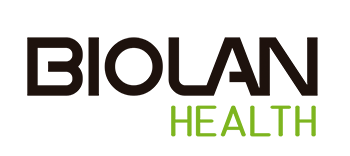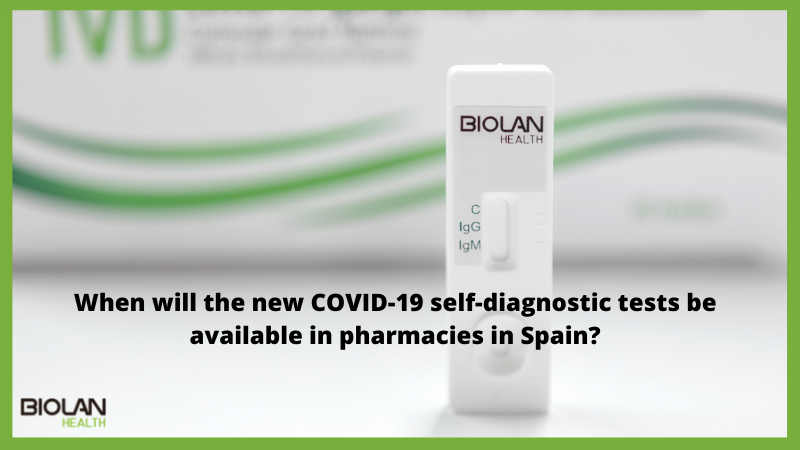In other European countries such as Germany, they are available in pharmacies and supermarkets since months. The priority has been to provide information to the public about COVID-19.
In Spain, we are waiting the imminent promulgation of a Royal Decree (in public hearing phase since 13th May) that will amend Royal Decree 1662/2000, on medical devices for in vitro diagnostics, in order to regulate their direct marketing to the public and advertising.
This modification would enable pharmacies to dispense COVID-19 self-testing antigen and antibody tests to general public.
The two modifications proposed in this new RD are in themselves good news for society, as the first makes it possible to sell these diagnostic products in pharmacies without a prescription, and the second makes it possible to advertise these products to the public, which under current legislation is forbidden.
These tests are easy to use, inexpensive, and have guaranteed quality and accuracy, if they have the corresponding health authorisations, allowing the patient to collect their own sample at home without the help of a health professional, or in the pharmacy if they prefer to have the support of qualified personnel and obtain reliable results very quickly (10-20 minutes).
The availability of such self-testing tests for COVID-19 for sale in pharmacies would reduce the pressure on health care facilities, allowing the rapid identification of suspected positive cases, so that appropriate measures can be taken to effectively control the progression of the pandemic and its various variants. By providing easy access to this type of test in pharmacies, a decentralised, easily accessible channel close to the patient is achieved, which undoubtedly has great potential for accompanying the screening process and managing the results.
The question is whether Spanish healthcare is going late in adopting this type of measures to combat COVID-19. In the meantime, other advanced neighbour countries have, for months now, already made the pharmacy channel available to the general public, enabling some of them to provide professionals in this sector not only to issue self-diagnosis tests but also to carry out tests for professional use in the pharmacy office itself, and enabling them to issue certificates with the results of these tests.
The strategy of these countries has been to intensify the detection of asymptomatic persons, in this way UK, Germany and France are providing free or low-cost testing to the population since March.
The boldest step was taken by Germany, which also made it possible to sell the antigen kits in supermarkets for the reasonable price of €10-15.
Taking these data into account, the new draft RD, whose approval we hope will not be further delayed, should open up ways to facilitate market access for new self-testing products for COVID-19 from manufacturers authorised by the Spanish Agency for Medicines and Health Products, as well as enabling the pharmacy channel for on-site testing for professional use, so that all available weapons (in the form of diagnostic tests) to fight the pandemic can be brought onto the market.
However, the spanish companies that have developed these diagnostic tests in a record time during the pandemic, making a great technical and logistical effort to contribute to the fight against COVID-19 and trying to avoid the dependence of our National Health System on other foreign producers, are finding another barrier to being able to place their tests on the market, which is the “bottleneck” generated by the requirement of an evaluation of the products by a notified body to enable their marketing as self-diagnostics. There are currently only 5 Notified Bodies in Europe that have already declared their inability to deal with all the applications received.
It is therefore necessary for the health authoritesto articulate an emergency procedure that makes it possible to validate as self-testing to those producers who have the appropriate authorisation for their products for professional use. Again, other countries, such as Germany, have already been doing so for months.



